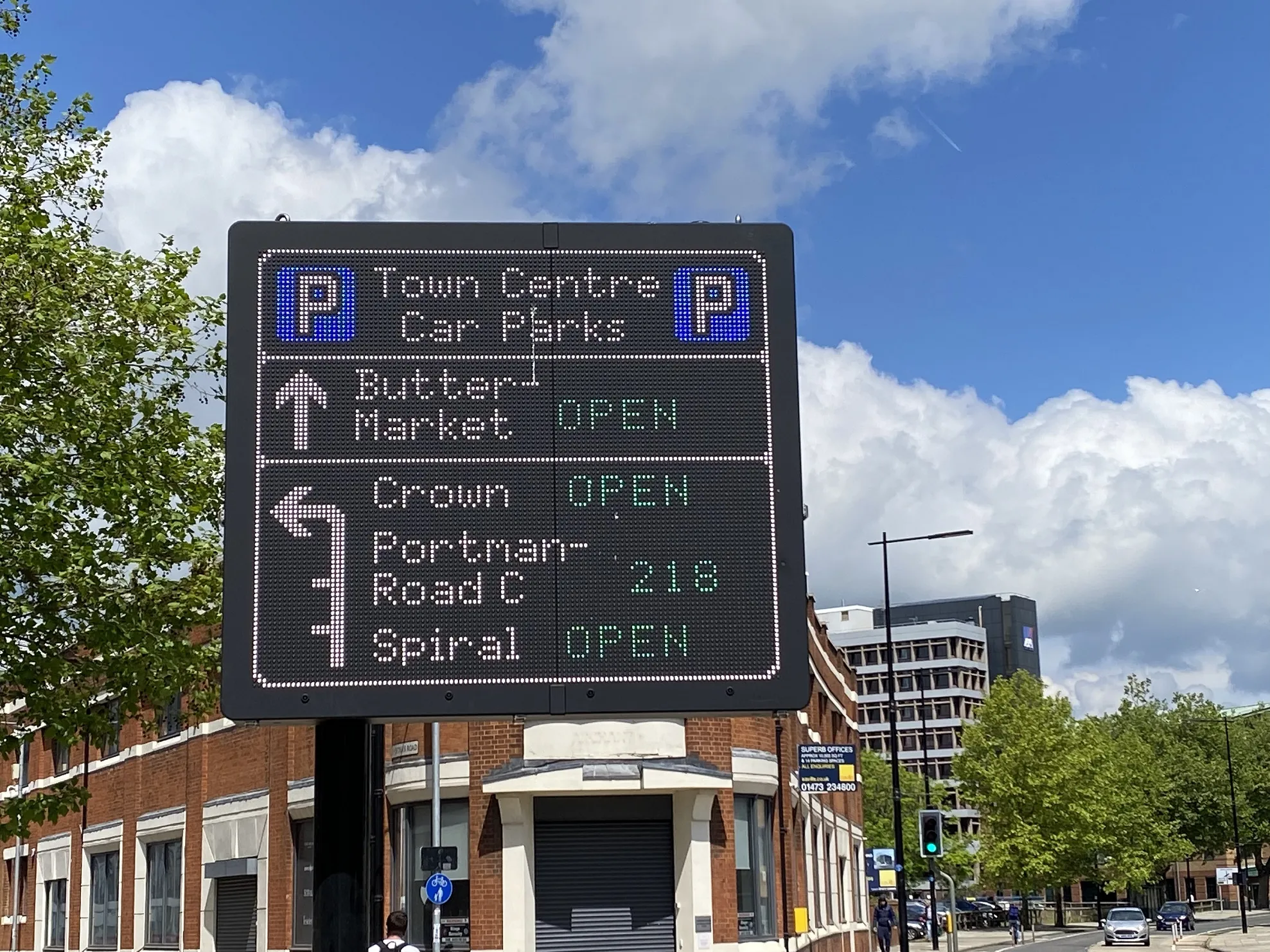Siemens is to supply North Yorkshire County Council (NYCC) with its new Stratos integrated highways management solution.
The new contract, with the largest county in England, will deliver real time UTC and SCOOT adaptive control for 43 sites in Harrogate and a further 10 sites in Scarborough by means of a hosted UTC SCOOT service, whilst sign and car park management will be provided for both towns by the cloud hosted Stratos car parking management module.
The project will also deliver a new IP commun
December 1, 2014
Read time: 2 mins
The new contract, with the largest county in England, will deliver real time UTC and SCOOT adaptive control for 43 sites in Harrogate and a further 10 sites in Scarborough by means of a hosted UTC SCOOT service, whilst sign and car park management will be provided for both towns by the cloud hosted Stratos car parking management module.
The project will also deliver a new IP communications solution for Harrogate that will connect directly with the hosted systems enhancing reliability and reducing the cost of ownership.
Siemens’ product sales manager, Urban Systems, Gary Cox, said: “When discussing and planning any changes to the UTC system, we needed to bear in mind NYCC’s longer term, strategic plans for UTC across the county. The optimum solution therefore is one that enables the most pressing requirement to be met now, whilst providing a robust and cost effective migration path to fully deliver NYCC’s longer-term plans. Hosted UTC-SCOOT removes the need for local authorities to maintain their own office based hardware and brings benefits of scale, improved security and resilience to the system.”
Lee Boggan, NYCC traffic signal engineer, said: “It is our belief that Siemens will provide this county-wide solution, operable from any location via a Siemens hosted UTMC system. The consolidation of NYCC’s traffic control infrastructure will lead to a significant year on year revenue saving as well as improving system reliability, by providing all traffic signals engineers with full access to all traffic signal systems”.









